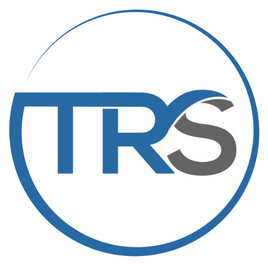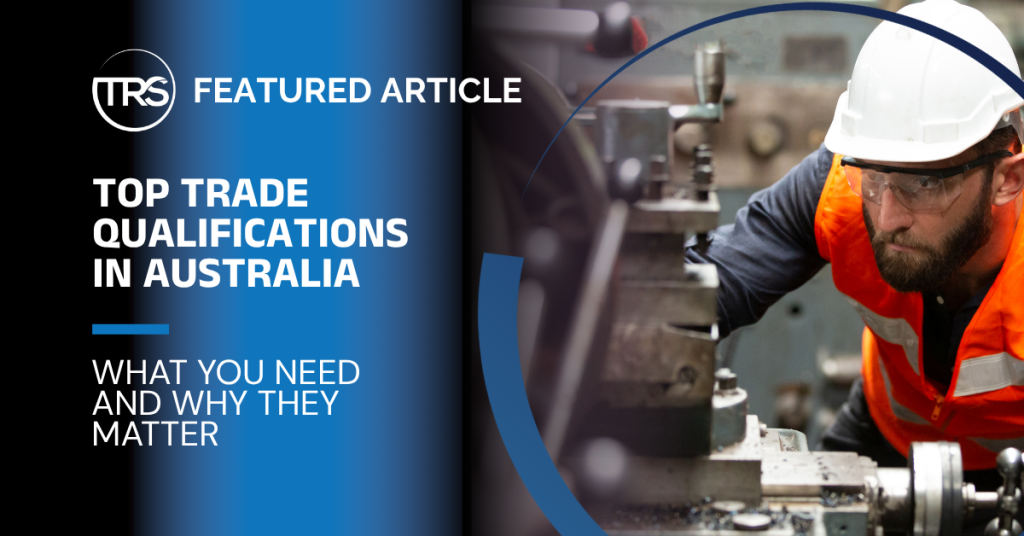Top Trade Qualifications in Australia: What You Need and Why They Matter
If you’re planning to start a career in the trades, or upskill into a new one, understanding the qualifications you need is essential. From Certificate III courses to licensing and safety tickets, these credentials are more than just paperwork, they’re the key to getting hired, staying compliant, and progressing in your trade career. In this…
If you’re planning to start a career in the trades, or upskill into a new one, understanding the qualifications you need is essential. From Certificate III courses to licensing and safety tickets, these credentials are more than just paperwork, they’re the key to getting hired, staying compliant, and progressing in your trade career.
In this guide, we’ll break down the most important trade qualifications in Australia, which ones are required for each role, and how to get them.
Why Qualifications Matter in the Trades
Unlike some industries where experience alone might get your foot in the door, trade qualifications in Australia are highly regulated. Most roles require a combination of formal training, on-the-job experience, and state-recognised certification.
Having the right qualifications shows:
- You’re trained to national standards
- You’re compliant with industry regulations
- You’re eligible for licensing
- You’re safer and more capable on the job site
Understanding Certificate Levels
Most tradespeople in Australia hold one of the following:
- Certificate II: Entry-level qualification, often part of a pre-apprenticeship
- Certificate III: The minimum requirement for most trade roles earned during an apprenticeship
- Certificate IV: Advanced qualification for supervisors, business owners, or tradespeople expanding their skill set
For example:
- Carpentry: Certificate III in Carpentry
- Welding: Certificate III in Engineering – Fabrication Trade
- Electrical: Certificate III in Electrotechnology Electrician
- HVAC: Certificate III in Air-Conditioning and Refrigeration
Licensing Requirements by Trade
In many trades, a qualification isn’t enough—you also need a license or registration to work legally. Requirements vary by state, but here are some examples:
- Electricians: Must hold a licence in all Australian states and territories
- Plumbers: Often need to register or be licensed, especially for gas fitting
- HVAC Technicians: Require an ARCtick licence to handle refrigerants
- Gas Fitters: Licensing varies by state always check local requirements
Pro tip: Some licences require periodic renewal and ongoing professional development.
Safety and Compliance Tickets That Boost Employability
Even if your trade doesn’t require a licence, employers often expect (or prefer) candidates to have these core safety qualifications:
- White Card Mandatory for construction site access
- Working at Heights For roofing, scaffolding, or elevated work
- Confined Space Entry – For tanks, pits, and tunnels
- EWP (Elevated Work Platform) This is for using scissor lifts, boom lifts, etc.
- First Aid & CPR Always a plus, especially on remote or high-risk sites
Having these tickets shows you’re job site ready and aware of key safety procedures.
How to Get Qualified: TAFE, RTOs, and Apprenticeships
There are three main ways to gain your trade qualification:
- Apprenticeship (most common): Combine paid work with formal study. It takes 3-4 years, depending on the trade.
- TAFE Courses: Nationally recognised and government-backed. Great for both apprentices and mature-age students.
- Registered Training Organisations (RTOs): Offer flexible learning options, including online or intensive block training.
Cost, duration, and entry requirements vary, so it’s worth comparing options.
Trade Qualifications In Australia and Career Progression
Getting your Certificate III is just the start. Many tradies go on to complete:
- Certificate IV in Building and Construction (to become a licensed builder)
- Diploma of Project Management or Leadership & Management
- Business qualifications for running their own operation
Ongoing training helps you stay competitive and move into higher paying roles.
Final Word: The Right Qualification Opens Doors
In a job market where skilled trades are in short supply, having the correct qualification gives you a real advantage. It makes you employable, keeps you compliant, and helps you build a lasting career.
Need Help Finding the Right Path?
TRS Resourcing works with top employers across Australia who are actively hiring qualified tradespeople. If you’re not sure which qualification you need or want help finding a job that matches your skills, we’re here to help.
Contact TRS Resourcing today and take the next step in your trade career.
How to Become a Qualified Tradie in Australia: A Step-by-Step Guide

